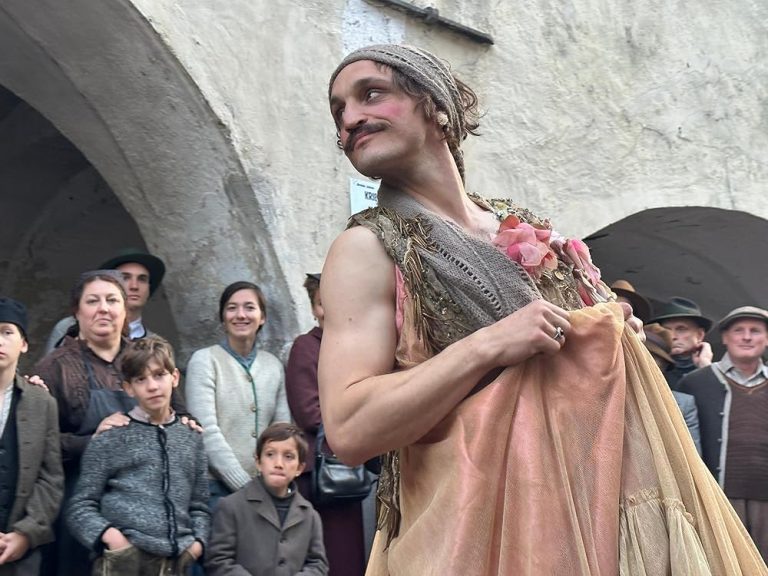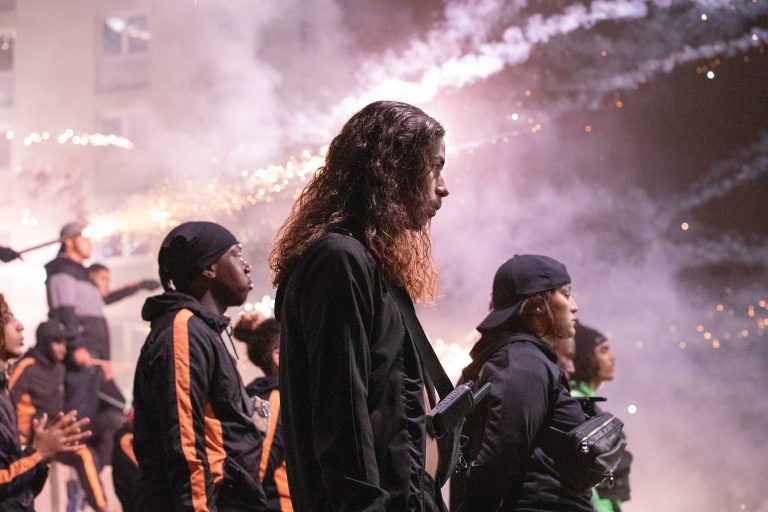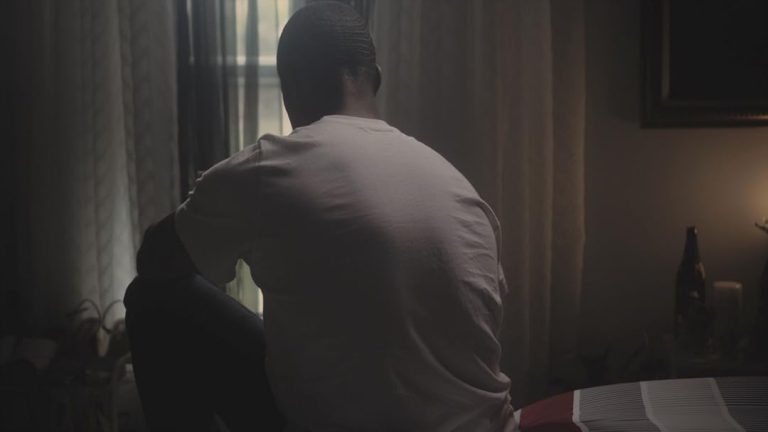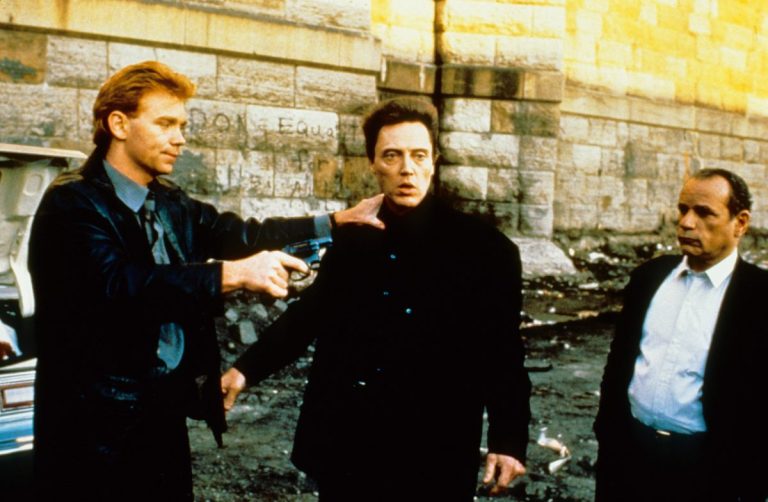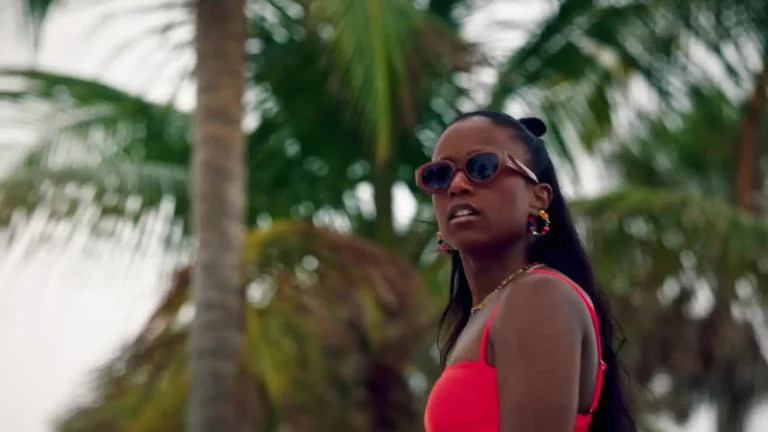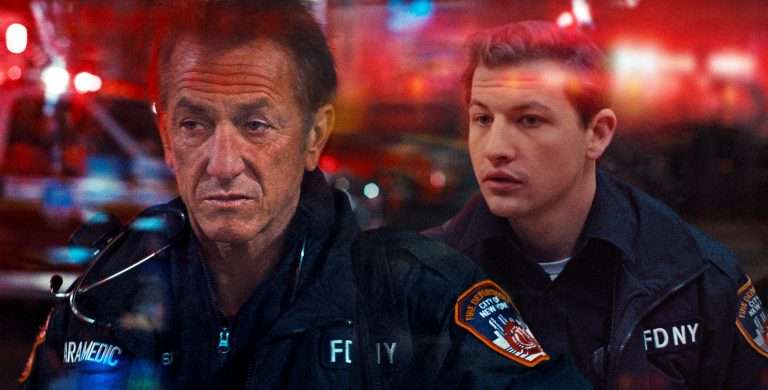Twelve long years have come and gone since Ryan Coogler, immediately hailed as a wondrous talent come to usher in the next generation of African American storytellers, got the opportunity to channel those talents into an original project; that last original project, as it turns out, was Coogler’s very first. That decade-long dip into franchise fare has varied in both quality and significance, but one thing that has always remained firm is the director’s vitality as a beacon of cultural specificity.
“Sinners” comes at a moment in which Coogler’s tenure as a cog in the Marvel Machine has, hopefully, come to an end, and the time for celebration in the face of a newly liberated artist given free rein to realize something more personal comes to be reflected in a film whose own vigor lies in the need to shake off the burden of a hard day’s labor. No matter how hard you shake, though—and no matter how much you tear up that dance floor—the ghosts that lie just beyond the door lie patiently, only willing to be polite in requesting their own time in the spotlight for so long.
It’s precisely this realization of life’s inevitable perils that brings the Smokestack twins (Michael B. Jordan as Smoke and Michael B. Jordan as Stack) down from their tenure in a post-prohibition Chicago and back to their hometown in Jim Crow-era Mississippi. With a bag full of money and their eyes set on a run-down sawmill, the brothers purchase the property in the hopes of turning it, over the course of a single day, into a jumping juke joint in which the town’s Black community can kick their feet up and drown out the sweat of working in the cotton fields with the sweat of rocking to a fine blues tune.
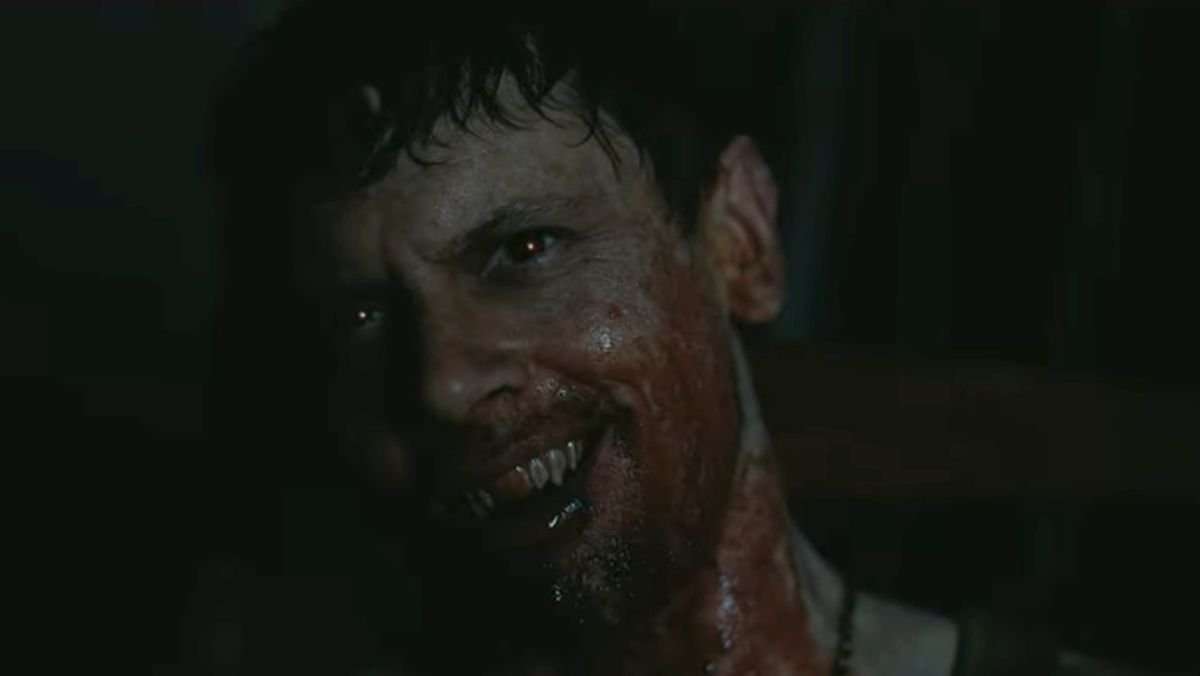
The quickness of the brothers’ preparations is only matched by the eagerness of their patrons to fill up the hastily refurbished mill and let their troubles melt away in a sea of tinkling keys and bone-shaking bass notes. But nothing lasts forever, and in America, the marginalized are lucky if such reprieves are even able to last a full night. It isn’t long before the entryway to the Club Juke is flooded with a trio of white passersby (Jack O’Connell as their leader), intent on making their way in and joining the festivities.
Also Read: 8 Movies Like Ryan Coogler’s ‘Sinners’
Of course, if you’ve seen any trailer for “Sinners,” then you’re probably aware that these strangers bring with them something of a surprise that makes their presence as party-crashers somewhat more dangerous than your average Southerner with a white cloak and a shotgun. Coogler, however, is so supremely focused on letting the setup of the juke joint take center-stage that this climactic threat seems to exist primarily as a threat to the party rather than the existential menace it very much proves to be in praxis.
Rather than a flaw, this approach is the very thing that gives “Sinners” what all of Coogler’s greatest efforts possess in spades: a relaxed texture against a cutting insistence to find victory in thriving when the world around you is a gaping pit ready to swallow you up. Here, that appetite for destruction takes a somewhat more literal route than usual, but even before the ground begins to drip with blood, it’s the drip of spit, perspiration and flowing liquor that shines those floorboards against the hum of music so potent it’s liable crack open the very Earth and create a (far more inviting) pit of its own. And for that, Coogler has his razor-sharp editor Michael P. Shawver and returning M.V.P. composer Ludwig Göransson to thank.

Few filmmakers have such a distinct understanding of place as Coogler—“Fruitvale Station” flowed through Hayward, California, while “Creed” slipped right into Philadelphia as if the director had been living there all his life—and “Sinners,” like the best of his films, gives Coogler the platform to express how critically that specific touch echoes towards a universal scream of primal urgency. The Mississippi vernacular hits the ear with the thickness of fresh tree sap—those experienced in the ways of Big K.R.I.T. may struggle somewhat less in parsing out the accent work—and yet every intonation is felt when punctuated by the casual flick of a flask lid, or the gobsmacked reaction to a perfectly executed guitar strum.
One shot in particular is sure to be discussed not only as a centerpiece for 2025 cinema, but likely as a decade-defining claim of Coogler’s boldly unapologetic veracity as an artist: a tracking shot through Club Juke that somehow encapsulates the entire history of Black music up to and beyond this moment of frozen elation—I’m almost tempted to dub this the “To Pimp a Butterfly” shot—positioning this moment as both the culmination of all preceding cultural hardships and a critical step towards a future that can only exist because it refuses to leave this moment as a static blip in the distance. And that’s precisely what “Sinners,” as a film, manages in its own right.
If Ryan Coogler’s final set-piece is a bit too cooly executed for what’s promised by the film’s gnarly premise—the brevity of the bloodbath isn’t quite punchy enough to match the weight of everything that precedes it—then it only serves to accentuate just how loudly and heartily “Sinners” sings in the moments where the stomping rhythm of battle is played out in the arms of a dance partner. Just as these four walls prove to be a sanctuary, so too do they prove to be a box; soon enough, the ground will quiver and the walls will crumble to the beat of a mournful jam.



